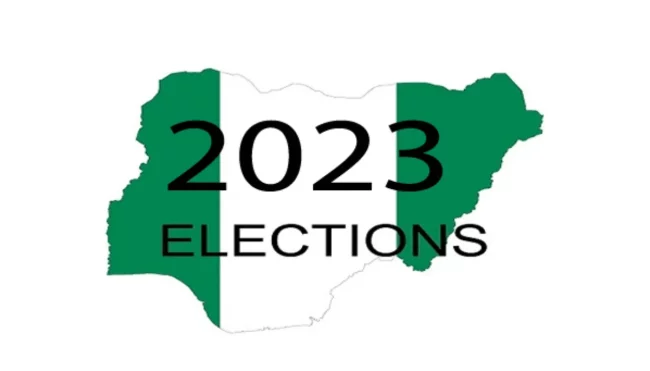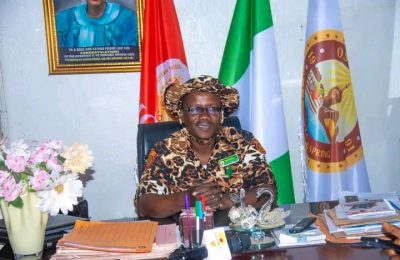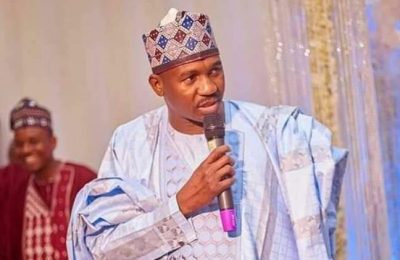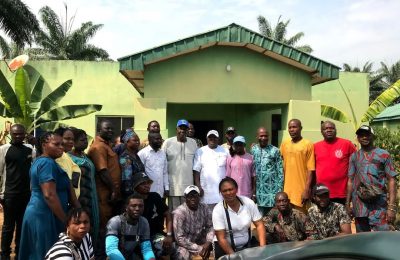

Collins Nnabuife – Abuja
A pro-democracy think tank, Centre for Democracy and Democracy and Development (CDD) has released a major report on social media, online information disorder and their impact on the 2023 general elections.
The 10-page report titled Online operations: Nigeria’s 2023 social media election campaigns, chronicles the challenge of misinformation, malinformation and disinformation, which have dominated the social media platforms as the country counts down to the historic 2023 polls.

A major aspect of the report focused on the political actors, whose activities drive the spread of fake news, misinformation and disinformation.
The Report which was signed by the Director of CDD, Idayat Hassan, identified a multiplicity of actors whose activities muddy the water and make sorting fact from fiction difficult for Nigerians during the build up to the polls.
The report said: “For the first time, presidential candidates’ spokespersons, across all main parties, are pushing disinformation using their own social media handles. An analysis of breaches of the Peace Accord moderated by the National Peace Committee revealed more than 63% of the infractions were on social media. But it is not just party activists that are more directly involved, parties are again using networks of aligned supporters to win the ‘online war’.
“In the 2019 elections, the Atikulated Youth Force, the Peoples Democratic Party (PDP) social media support base for its presidential candidate, and the Buhari Media Centre (BMC), with links to the All Progressives Congress (APC), dominated the online discourse. Such groups are still present in 2023, although part of the BMC has now evolved to centre around APC presidential candidate Bola Ahmed Tinubu as BATified.
However they have been supplanted in 2023 by Obidients – a name given to the supporters of the Labour Party (LP) presidential candidate, Peter Obi, who are the most active online actors in this election.
In promoting the candidacy of Obi many Obidients have been accused of spreading disinformation.
“In fact the candidate himself sought to call them to order in September 2022, after his presidential campaign was accused of using overzealous social media supporters to skew the narrative in his favour.
Obi has however, distanced himself from any supporters engagement in malicious campaign against his opponents in a series of tweets. But malicious online campaigns engineered by all leading parties continue to be a prevailing feature of Nigeria’s information ecosystem.
The report also documented how disinformation ecosystem has created lucrative opportunities, particularly for youth. It revealed how the most visible political influencers on social media, who are hired by political parties or individual candidates, earn up to N500,000 (US$1200) a month, whilst those with smaller followings are likely to receive nearer N50,000 (US$110).
“Though not all influencers are paid, those that are, believe that politicians have increasingly come to recognise the important role social media plays in politics and are investing more resources in it as a result. They argue that young citizens currently receive most of their information from digital platforms and that social media influencers even determine the direction and narrative taken by traditional media.
“This means that their influence extends beyond the online sphere, which is important, as in rural communities traditional media, in particular local radio, still retains a strong influence. Less prominent, but still important, are public relations firms such as Mint Reach who are playing an increasingly prominent role in handling the digital campaigns of frontline presidential candidates.”
The CDD report notes that greater access to online information has not translated into more informed citizens, pointing out that social media has in many contexts confused citizens while entrenching pre-existing divides based on ethnicity and religion.
The report however, bemoaned the anomaly of the information disorder, which gains traction on social media, especially the reality of malinformation, which involves the deliberate sharing of genuine information with an intent to cause harm. This thrives in the political discourse in the build up to the polls, the report notes.
The report further maintained that in 2023, platforms such as Facebook, Twitter, Instagram and WhatsApp, TikTok, with their video content have been playing a dominant role in feeding citizens with content, especially video based information, which connects people beyond digital divides.
READ ALSO FROM NIGERIAN TRIBUNE








